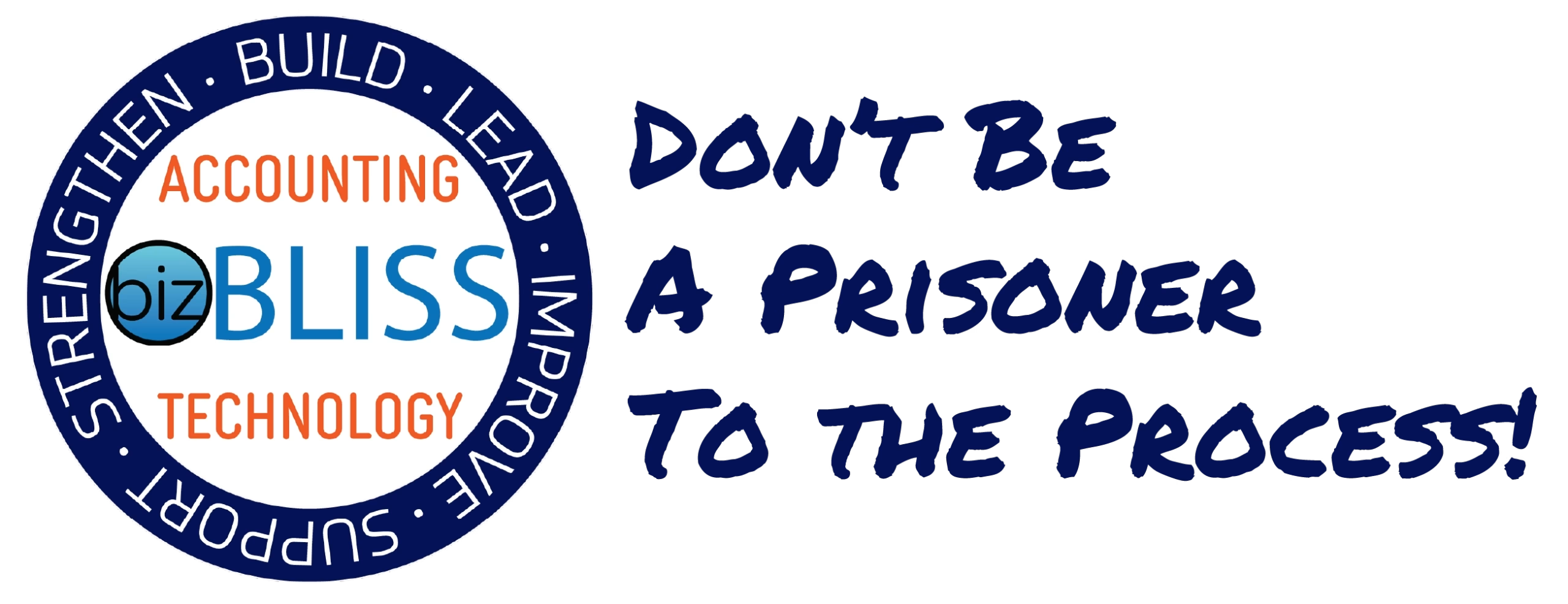Strategies for Inspiring Your Team’s Success

Inspiring your team is a cornerstone of effective business leadership. It requires a blend of leadership skills and qualities that motivate and engage.
Successful leaders know how to communicate a clear vision. They set goals that align with the team’s strengths and aspirations.
Leadership is not just about directing; it’s about empowering. Encouraging feedback and fostering a culture of trust are essential.
A leader’s ability to adapt and grow is crucial. Continuous learning and self-reflection enhance leadership qualities.
This guide will explore strategies to inspire your team. You’ll learn how to lead with empathy, build a positive culture, and drive success.
The Importance of Business Leadership in Team Success
Effective business leadership directly impacts team success. Leaders who demonstrate strong leadership qualities can inspire and motivate their team to achieve great results.
Good leaders set clear expectations and support their team in meeting those goals. They facilitate a work environment that encourages openness and innovation.
Key reasons why business leadership is vital include:
- Enhances team motivation and engagement
- Builds trust and fosters a positive culture
- Drives team alignment with organizational goals
Leadership goes beyond managing tasks. It’s about building a cohesive unit. Such leadership ensures team members feel valued and understood. This forms the backbone of sustainable team success.
Essential Leadership Qualities for Inspiring Teams
Inspiring teams requires a leader to embody several core qualities. These traits create trust and admiration in team members. As a result, they pave the way for success.
Empathy is a crucial leadership quality. Understanding team members’ perspectives helps address their needs effectively. Empathetic leaders build stronger relationships and foster a collaborative environment.
Another key trait is adaptability. Changes can occur at any time, and being able to adjust ensures smooth transitions. Adaptable leaders are proactive rather than reactive.
Here are essential leadership qualities:
- Empathy and understanding
- Adaptability and resilience
- Clear vision and communication
- Integrity and accountability
A clear vision inspires and guides the team. Leaders with a compelling vision motivate their team to work towards shared goals. Ultimately, these qualities are fundamental for inspiring teams to reach their full potential.
Key Leadership Skills Every Leader Should Develop
Leadership skills are vital for any leader aiming to inspire their team successfully. These skills help in navigating challenges and achieving goals. Developing them requires dedication and practice.
Effective communication is a must-have skill for leaders. Clear and concise communication prevents misunderstandings and builds trust. It ensures all team members are aligned with the goals.
Decision-making skills are equally important. Leaders often face situations requiring quick, informed decisions. Good decision-making involves considering all options and predicting outcomes accurately.
Essential leadership skills include:
- Effective communication
- Decision-making and problem-solving
- Time management and organization
- Emotional intelligence and self-awareness
Time management is another crucial skill. Leaders who manage their time well set a strong example and improve overall productivity. These skills combined empower leaders to drive their teams to success.
Actionable Strategies to Motivate and Engage Your Team
Motivating and engaging your team is crucial for achieving long-term success. When team members feel valued and inspired, they are more productive and satisfied. Here are some effective strategies to enhance team motivation.
First, set clear goals that are challenging yet achievable. This gives your team a sense of purpose and direction. Ensure that everyone understands the objectives and how their roles contribute to overall success.
Providing regular feedback and recognition is also essential. Acknowledge both individual and team achievements to boost morale and encourage continued effort. Constructive feedback helps the team improve and grow.
Ways to Recognize Team Achievements
- Celebrate small wins and milestones.
- Offer verbal praise and public recognition.
- Provide tangible rewards and incentives.
Encouraging open communication fosters a collaborative atmosphere. Allow team members to express ideas and concerns without fear. This builds trust and promotes innovation.
Finally, promote professional growth by offering learning opportunities. Support further education and skill development to keep your team engaged. This not only benefits individual members but also strengthens the entire team.
Steps to Promote Professional Growth
- Offer workshops and training sessions.
- Support continuing education efforts.
- Provide mentorship and career guidance.
By implementing these strategies, you can build a motivated, engaged, and successful team.
Building a Positive and Inclusive Team Culture
Creating a positive and inclusive team culture can significantly boost team morale and productivity. A welcoming environment encourages collaboration and innovation, allowing every team member to contribute their best.
To foster inclusivity, acknowledge and celebrate the diversity within your team. Recognizing different perspectives and backgrounds enhances problem-solving and creativity. Encourage open discussions and ensure everyone feels heard and respected.
Techniques to Build an Inclusive Culture
- Promote open dialogue and respect all viewpoints.
- Celebrate diverse cultures and achievements.
- Implement policies that support equality and fairness.
Building such a culture not only improves team cohesion but also aligns the team with organizational values. Ultimately, a supportive environment leads to greater success and satisfaction.
Overcoming Common Leadership Challenges
Every leader faces challenges that test their skills and adaptability. Tackling these obstacles head-on requires strategic thinking and resilience. Identifying potential issues early can prevent escalation.
Effective communication is key in overcoming challenges. Clearly convey expectations and be open to feedback. Encourage team members to voice their concerns and provide constructive solutions.
Common Challenges Leaders Face
- Managing team conflicts and disagreements.
- Adapting to changes in the business environment.
- Balancing workload and resources efficiently.
Addressing these challenges promptly ensures a smooth operational flow. By fostering an environment of trust and transparency, leaders can guide their teams through difficult times and emerge stronger.
Continuous Growth: Developing Your Leadership Skills
Leadership is not a static quality; it evolves continually. Embrace lifelong learning to keep your leadership skills sharp. Regularly seeking new knowledge can enhance your effectiveness.
Self-reflection is crucial for personal development. Assess your strengths and weaknesses, and seek feedback from others. This proactive approach leads to growth and improved leadership capabilities. By committing to continuous improvement, you set an example for your team to follow.
Conclusion: Inspiring Lasting Team Success
Effective business leadership is key to achieving team success. By developing essential leadership skills and qualities, leaders can inspire their teams. The ability to motivate and engage a team fosters collaboration and innovation.
Implementing the strategies outlined can transform a team’s dynamics and performance. Leaders who prioritize communication, inclusivity, and continuous improvement drive their teams towards excellence. Embrace these practices to build a resilient and high-performing team. Your commitment to leadership development will ensure sustained team success and organizational growth.
Key Takeaways
- Inspiring your team is crucial for effective business leadership, requiring skills that motivate and engage.
- Successful leaders communicate a clear vision, set aligned goals, and empower team members to foster trust and openness.
- Essential leadership qualities include empathy, adaptability, and integrity, which build strong relationships and encourage collaboration.
- To motivate your team, set clear goals, provide regular feedback, and promote professional growth through learning opportunities.
- Creating a positive and inclusive team culture boosts morale, encourages innovation, and aligns with organizational values.
Estimated reading time: 6 minutes


